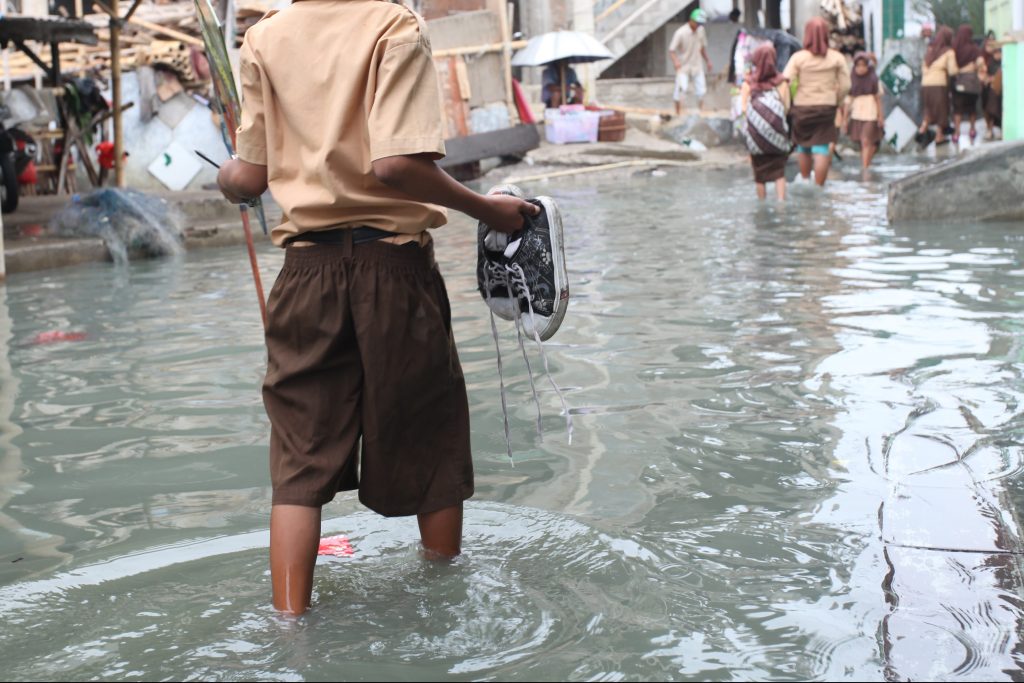The COP27 conference concluded on Sunday November 20 with an agreement that included the adoption of funding arrangements for loss and damage experienced by developing countries particularly vulnerable to the effects of climate change.
The vulnerable countries include, among others, Small Island Developing States (SIDS) as well as members of the LDC group.
The advanced unedited version of the funding arrangements document points to the urgency and need for “new, additional, predictable and adequate financial resources” to assist these countries. The text includes a decision to establish a fund and funding arrangements that complement those already in existence.
Transitional committee
In order to make the new fund operational a transitional committee is being established composed of 24 members including:
- 10 members from developed countries;
- 3 from Africa;
- 3 from Asia;
- 3 from Latin America and the Caribbean;
- 2 from small island developing States;
- 2 from the least developed countries; and
- 1 from a developing country not in the categories above.
The committee is to be chaired by two co-chairs – one from a developed nation, the other from a developing country.
Nominations for the transition committee are imminent with a deadline set for no later than December 15, 2022 and with the first meeting of the committee scheduled to take place no later than March 31, 2023.
The document invites further discussions among “international financial institutions and other relevant entities” to take place at the meetings of the World Bank Group and International Monetary Fund in the Spring of 2023. The topic of such discussions would be their contribution to the funding arrangements, along with the most innovative and effective ways to provide such funding.
Difficult negotiations
What this all suggests is that the detail on where loss and damage funding might come from, as well as its extent, is yet to be decided. And that means a significant amount of hard work and further, difficult, negotiations in the months, if not years ahead before funds are actually available to be distributed to their intended recipients.
What also remains unclear is what “economic and non-economic losses, slow onset events and extreme weather events” will be attributed to climate change and how precisely these will be quantified. As with many efforts connected to climate change the intentions are laudable, but the detail is scant.













